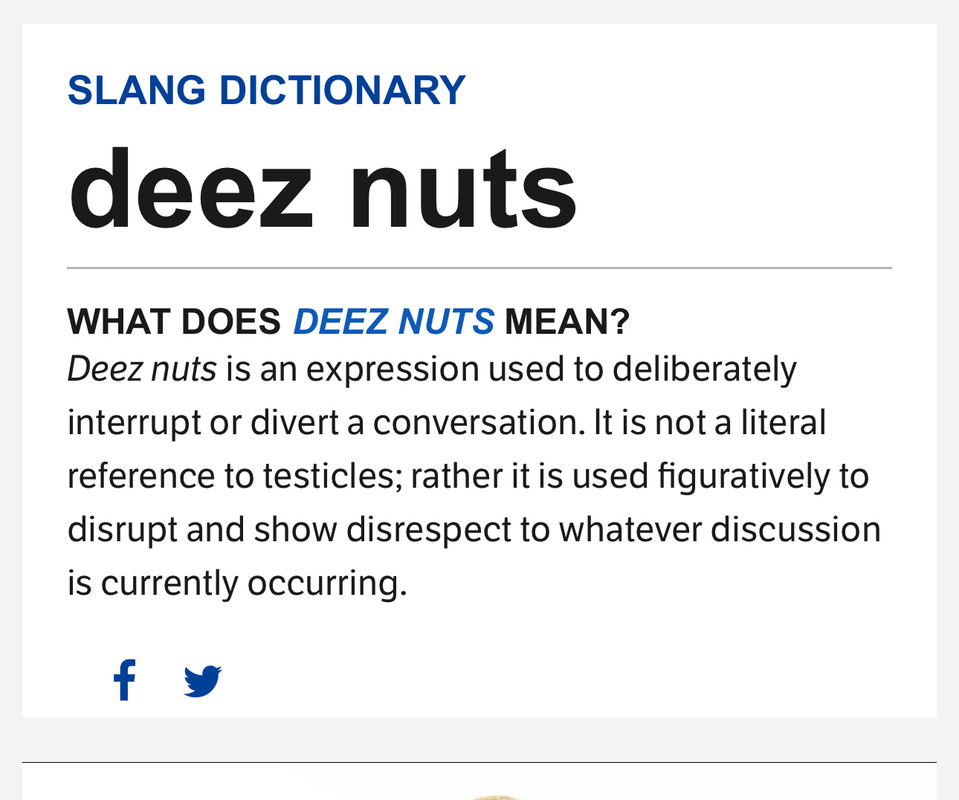World History
Related: About this forum'NUTS!' US Gen. McAuliffe Refused To Surrender to Germans - Bastogne, The Bulge, Dec. 22, 1944
- Telling the German commander to go to hell. (5 mins). On Dec. 22, 1944, 6 days after the last major German offensive, the small town of Bastogne is completely surrounded. The German commander sends the Americans an ultimatum for their surrender. What American Gen. Anthony McAuliffe sent as a reply went down in history.
.
- Nuts! The general who refused to surrender. (6 mins).
--------
- Wiki. General Anthony Clement "Nuts" McAuliffe (July 2, 1898 – Aug. 10, 1975) was a senior United States Army officer who earned fame as the acting commander of the 101st Airborne Division defending Bastogne, Belgium, during the Battle of the Bulge in World War II. He is celebrated for his one-word reply to a German surrender ultimatum: "Nuts!" After the battle, McAuliffe was promoted and given command of the 103rd Infantry Division, which he led from January 1945 to July 1945. In the post-war era, he was commander of United States Army Europe...
https://en.wikipedia.org/wiki/Anthony_McAuliffe
--------
Surrender? “Nuts!” Gen. Anthony McAuliffe’s 1944 Christmas Message to his Troops, NARA
In mid-December 1944, Allied forces were surprised by a massive German offensive through the Ardennes Forrest that created a “bulge” in the Allied lines. Caught in what would become known as the “Battle of the Bulge,” the 101st Airborne Division of the United States Armed Forces was holed up in Bastogne while German armored divisions encircled the town.
Outnumbered, outgunned, and running out of food, ammunition, and medical supplies, the embattled assistant division commander, Brigadier General Anthony McAuliffe, faced bleak prospects. On Dec. 22, the American troops were sent an ultimatum from the German forces outside of the town, demanding “the honorable surrender” of the town within two hours. General McAuliffe reply was brief and succinct:
------
“To the German Commander:
N U T S !
The American Commander”
------
Having made their position clear, the Americans dug in and waited for the attack. Contrary to German expectations, the 101st held out and reinforcements arrived in the form of the US Army’s 4th Armored Division. The Battle of the Bulge continued for several more weeks, with thousands of casualties on both sides, but by the end of Jan. 1945, the Allies had retaken all the territory lost to the Germans and were headed toward Berlin...
https://www.archivesfoundation.org/documents/surrender-nuts-gen-anthony-mcauliffes-1944-christmas-message-troops/
----------
Marcuse
(8,812 posts)appalachiablue
(43,882 posts)jmowreader
(52,908 posts)I'm not sure which is more hilarious: that General McAuliffe sent a message that said "nuts!" to the Germans, or that he had a carbon copy made of it. But this is the second-most-revered thing in the whole building outside of the General Orders establishing the 101st Airborne Division.
appalachiablue
(43,882 posts)Mom told us this story years ago and I didn't quite get it then, but now is a different story. Huge respect.
Karadeniz
(24,725 posts)appalachiablue
(43,882 posts)appalachiablue
(43,882 posts)- The Siege of Bastogne - Wiki, The Siege of Bastogne was an engagement in December 1944 between American and German forces at the Belgian town of Bastogne, as part of the larger Battle of the Bulge.
The goal of the German offensive was the harbor at Antwerp. In order to reach it before the Allies could regroup and bring their superior air power to bear, German mechanized forces had to seize the roadways through eastern Belgium. Because all seven main roads in the densely wooded Ardennes highlands converged on Bastogne, just a few miles away from the border with neighboring Luxembourg, control of its crossroads was vital to the German attack.
The German offensive began on 16 December. Although outnumbered, the regiments of the 28th Infantry Division delayed the German advance towards Bastogne, allowing American units, including the 101st Airborne Division, to reach Bastogne before the German forces surrounded the town and isolated it on 20 December. Until 23 December, the weather prevented Allied aircraft from attempting to resupply Bastogne or from performing ground attack missions against German forces.
The siege was lifted on 26 December, when a spearhead of the 4th Armored Division and other elements of General George Patton's Third Army opened a corridor to Bastogne...
https://en.wikipedia.org/wiki/Siege_of_Bastogne
pansypoo53219
(22,892 posts)appalachiablue
(43,882 posts)pansypoo53219
(22,892 posts)2 of my great uncles served. + was pretty old when they passed. also a cousin of my grandpa served in the pacific. his other cousin was nimitz's driver. only 1 cousin of my maternal grandma did not come home. 1 uncle made it out of nam ok. he enlisted + was an mp. safer.
discntnt_irny_srcsm
(18,729 posts)"Advance elements of the Third Army reached Bastogne’s tenacious defenders on December 26, and additional reinforcements followed over subsequent days. Patton’s forces continued to push the Germans back, and by the end of January 1945, the Third Army had reached the German frontier. On March 1 those forces took Trier, precipitating one of the most famous exchanges of the war. When Patton received a message instructing him to bypass the city because it would take four divisions to capture it, Patton replied, “Have taken Trier with two divisions. Do you want me to give it back?” Over the next 10 days, they cleared the entire region north of the Moselle River, trapping thousands of Germans. They then joined the Seventh Army in sweeping the Saar and the Palatinate, where they took 100,000 prisoners."
appalachiablue
(43,882 posts)My dad was in the Saar Palatinate region in the Rhineland campaign with the 7th Army. Then service in the occupation around Munich, Bavaria which he said little about.
The medieval architecture of those cathedrals is remarkable- Worms, Trier, Speyer, Mainz and Strasbourg.
